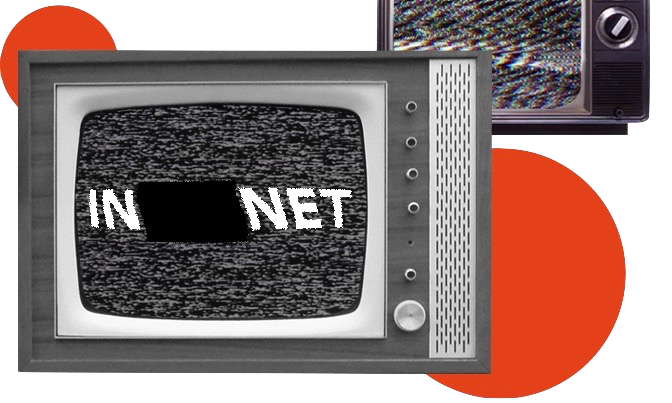Changing the numbers of the articles won’t make the EU copyright reform better!
If the European Parliament adopts the Directive on copyright in the Digital Single Market next week, especially Article 13 (which was changed to Article 17 just before the vote), the internet as a space for communication, where everyone freely communicates with everyone else, will change drastically.
The problematic provision will pose an obligation to platforms, on which users upload certain contents, to conclude license agreement for practically every possible copyrighted work, otherwise they will be liable for the uploaded content infringing copyright. To avoid a relatively high degree of legal risk, platforms will in doubt block the content (with upload filters that are currently not able to distinguish lawful use from copyright infringement) and with this avoid liability.
To better understand the consequences of Article 13, watch this video or read the article and scheme prepared by Communia on this issue.
Yesterday, European companies joined the civil initiative fighting against censorship, organizations in the scientific, economic, librarian, educational and other sectors warning about the threat to freedom of expression, open education and research, as well as the rightsholders in the audio-visual and sports sector, entertainment and music industry on the other side who believe that the directive imposes too much obligations on them. In an open letter 130 European companies exposed the negative implications of Articles 11 (now Article 15) and 13 (now Article 17) on the European economy. Changing the numbers of the Directive in not enough, Europe needs a better legislative solution!
The Grand Board of the European Union Intellectual Property Office (EUIPO) finally ruled that the figurative sign ‘COVIDIOT’ cannot be registered as an EU trademark.
The 4th Open Knowledge Day took place on Tuesday 17 October 2023, with an accompanying workshop on 18 October 2023. This year it was organised by the Open Data and Intellectual Property Institute (ODIPI) and supported by Knowledge Rights 21 (KR21).
We invite you to the fourth Open Knowledge Day and the workshop, which will take place this year within the framework of the programme and with the support of Knowledge Rights 21. The event will bring together experts from different European countries to discuss two topics: the first part will deal with the legal basis for data analytics, which is a key part of machine learning and related artificial intelligence, and the general exception for research. In the second part, open science in theory and practice will be presented both in Slovenia and in some Western Balkan countries. Representatives of research and educational institutions from Slovenia and the Western Balkan countries, as well as interested members of the public, are invited to attend.
Dr. Maja Bogataj Jančič, a renowned expert in copyright law, has joined the Berkman Klein Center for Internet & Society at Harvard University, where she will serve as an affiliate researcher for the next two years.





